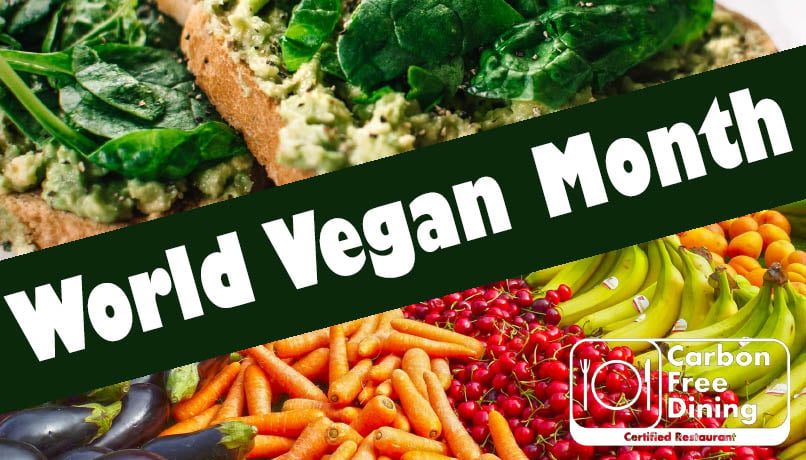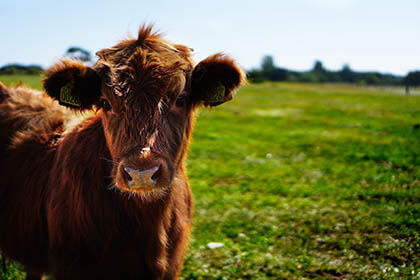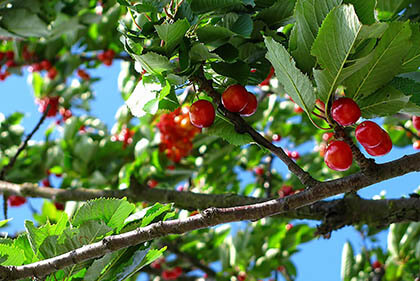
November is World Vegan Month! Whether you’ve been a vegan for 50 years or you’ve never tried veganism, there are changes we can all make to help save the planet!
In this blog:
The History of World Vegan Month
Small changes that make a massive difference
The benefits of Veganism
Carbon Free Dining & Veganism
The History of World Vegan Month
Veganism is the practice of minimising harm to all animals, which requires abstention from animal products such as meat, fish, dairy, eggs, honey, gelatine, lanolin, wool, fur, silk, suede, and leather. The Vegan Society began as an offshoot of The Vegetarian Society in November 1944 – meaning November marks 75 years of The Vegan Society! The founding of The Vegan Society has been celebrating since 1994, and the 1st November has been marked as World Vegan Day, becoming increasingly internationally recognised every year.
The Vegan Society began as an offshoot of The Vegetarian Society in November 1944 – meaning November marks 75 years of The Vegan Society! The founding of The Vegan Society has been celebrating since 1994, and the 1st November has been marked as World Vegan Day, becoming increasingly internationally recognised every year.
World Vegan Day has evolved into World Vegan Week, and now World Vegan Month. Veganism is now celebrated throughout November in shops, workplaces, restaurants and schools worldwide.
The Vegan Society was founded by Donald Watson, Elsie Shrigley and their friends who felt it was important to distinguish the difference between not eating meat and not eating any animal products. 75 years later, veganism is a worldwide phenomenon. Everyday alternatives to animal products are improving, vegan restaurants are opening up all over the world, and more vegan options are becoming available in your local supermarket!
Small changes can make a massive difference
There is definitely a lot of stigma around veganism, especially on social media. Recently, I saw a tweet from a vegan that really opened my eyes – she made the point that if 100,000 of us all have a vegan/vegetarian day once a week, this will make a bigger difference than 10 people being vegan 100% of the time. I think this is such an important mindset, as the idea of veganism and changing all of your eating habits at once can be daunting to some.
Here are some small changes you can make that when implemented on a wider scale, can make a huge difference:
 Have one vegetarian/vegan day a week
Have one vegetarian/vegan day a week
Research from the University of Oxford show that cutting meat and dairy products from your diet can reduce your carbon footprint by 73%. It’s an easy switch to make too, especially if you simply swap the meat you would normally eat for a meat alternative (my personal favourite brand is Quorn, but do some research, and you’ll find there are many options available). If you’re looking to make a more significant difference, you could try making all of your lunches vegan, or even all of the meals before your evening meal.- Switch to a milk alternative
With so many milk alternatives (almond, soya, oat and coconut to name a few); it isn’t difficult to change to a dairy-free milk alternative. The biggest challenge is finding one you like! It’s a bit of a trial and error situation – buy a milk alternative every fortnight, and you’re sure to find one you like! Many can’t even notice the difference once they have switched! Here’s some research on the environmental impact of one glass of milk:

- Challenge yourself
As it is World Vegan Month, you could challenge yourself to be vegan for the month. Even if you do not continue to be fully vegan after this, you’ll definitely learn a lot, and some of the changes may stick! Many vegans started with a challenge like this and just never stopped! - Buy local
Although not linked explicitly to veganism, going to your local market or farm to buy fruit and veg is more sustainable than buying them at the supermarket, and it supports local farmers and workers! - Visit a vegan restaurant
There are thousands of vegan restaurants across the globe, and they certainly sell more than just salad! Next time you go out for a meal, why not choose somewhere vegan, and get your friends involved! You definitely won’t be disappointed. Take this a step further by visiting a Carbon Free Dining Certified restaurant (more on this later)! - Meal plan/prep
A huge issue people have when trying veganism/vegetarianism is not planning enough. If you want to reduce your consumption of animal products, creating a meal plan and bulk preparing vegetarian/vegan meals for the week is a great way to save both time and money. You can cook all of your meals on a Sunday night and freeze the other portions, making eating throughout the week super convenient!
The benefits of Veganism
 1. Benefits for animals
1. Benefits for animals
The main reason people become vegan is to prevent the suffering of animals, and many vegans feel an emotional connection to animals and believe they should have the freedom and the right to live. The way the animals bred for food products are treated isn’t right, and for many, the idea of ethical meat is hypocritical as an animal still has to die – and surely that isn’t ethical?
2. Benefits for your health
Both the British Dietetic Association and the American Academy of Nutrition and Dietetics recognise a vegan diet can be suitable for every age and stage of life, and some research has linked vegan diets with lower blood pressure and cholesterol, lower rates of heart disease and lower rates of type 2 diabetes and some types of cancer. Veganism is also a great way to learn more about cooking and nutrition.
3. Benefits for the environment
The production of animal products places a considerable burden on the environment – collecting and transporting animal feed, transport and all of the processes that take the meals from farm to fork. The grain needed to feed these animals is also a huge contributor to deforestation, and in Brazil alone, 5.6 million acres of land is used to grow soya for animals in Europe.
Furthermore, the areas used forces deprived communities to grow crops to sell for money instead of food for themselves, contributing to malnutrition. Considerably lower quantities of crops and water are necessary to sustain a vegan diet!
4. Benefits for people
A vegan diet needs 1/3 of the land necessary to support a meat and dairy diet. This makes it a more sustainable way of feeding ourselves, especially now when we’re living in a time of rising global food and water insecurity due to environmental and socio-economic problems. Veganism is the simplest way to take a stand against inefficient food systems which are affecting the most deprived people in our world.
Carbon Free Dining and veganism
 Carbon Free Dining is actively working towards ending poverty and saving the environment. We are a United-Nations-Environment-backed initiative who have partnered with restaurants around the globe. When restaurants are Carbon Free Dining Certified, all of their diners can add an optional 99p (99¢ or $1.25) to their bill, which plants a fruit tree in the developing world. The fruit on these trees can be eaten, and the surplus can be sold to create an economy. This allows impoverished communities to build better houses, build schools, educate themselves and their children and more.
Carbon Free Dining is actively working towards ending poverty and saving the environment. We are a United-Nations-Environment-backed initiative who have partnered with restaurants around the globe. When restaurants are Carbon Free Dining Certified, all of their diners can add an optional 99p (99¢ or $1.25) to their bill, which plants a fruit tree in the developing world. The fruit on these trees can be eaten, and the surplus can be sold to create an economy. This allows impoverished communities to build better houses, build schools, educate themselves and their children and more.
There are many vegan restaurants that are Carbon Free Dining certified, here’s a few of them:
Choosing a Carbon Free Dining Certified restaurant ensures your doing even more to save the environment and end poverty, just by eating there!
Make a change today – after all, it is World Vegan Month!

.png?width=1571&height=766&name=CFD%20knife%20and%20fork%20logo%20(carbonfriendlydining.org).png)

